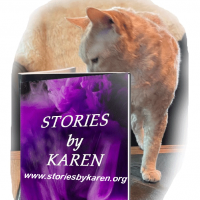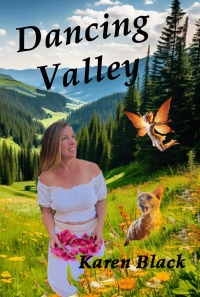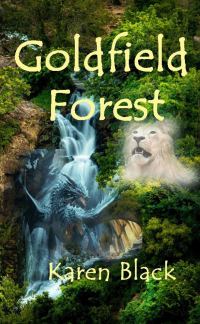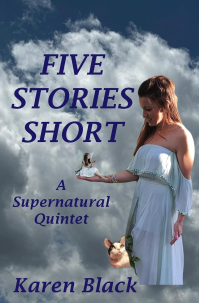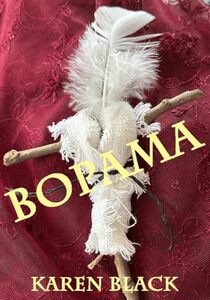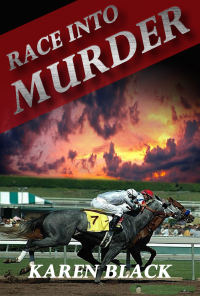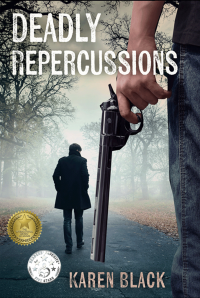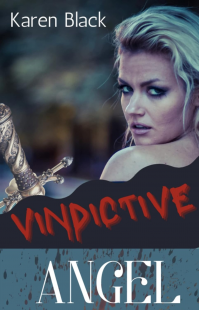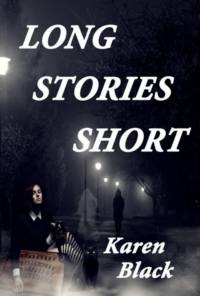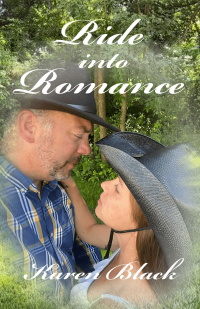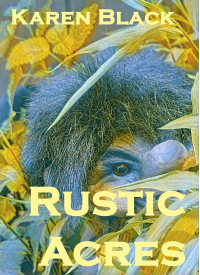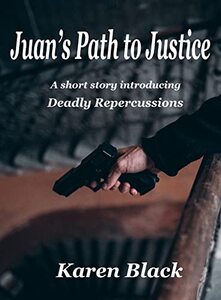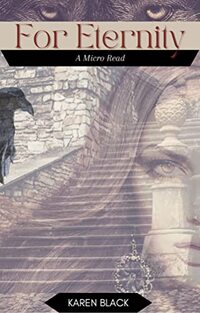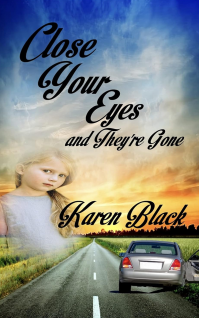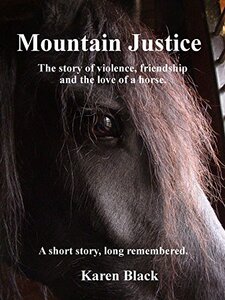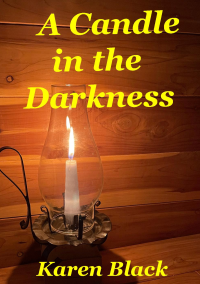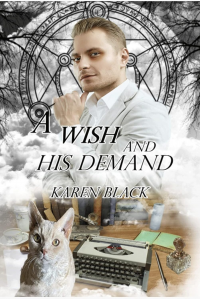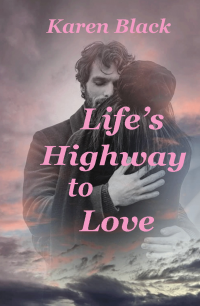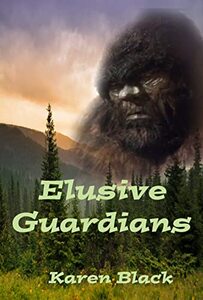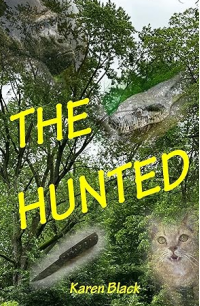Karen Black's Books
Stay in the loop on books by Karen Black. See upcoming and best-selling books by the author here. You'll also find the deals on books by Karen Black.
** Please note that the information or price displayed here may not be the updated. Make sure to double-check the latest book price before buying books.
** Also, there might be other books by Karen Black not listed on AllAuthor.
| Book |
|---|
Dancing Valley (Unmistakenly Mystical)Publish: Mar 14, 2025Series: Unmistakenly MysticalFantasy Teen & Young Adult |
Heritage Mountain (Unmistakably Mystical)Publish: Jan 01, 2026Action & Adventure Fantasy Teen & Young Adult |
kindleeBook, |
Juan's Path to Justice: A short story introducing DEADLY REPERCUSSIONSPublish: Nov 11, 2022Crime Fiction Suspense Mystery |
Karen Black's Series in Order
It's exciting to find a book series to follow! Discover the whole new world of book series created by Karen Black.
** Also, there might be other book series by Karen Black not listed on AllAuthor.
Karen Black's Awards and Achievements
-
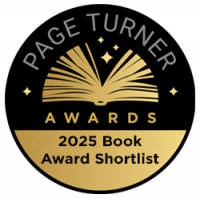

Page Turner Awards 2025 Book Award Shortllst
2025Goldfield Forest
award -
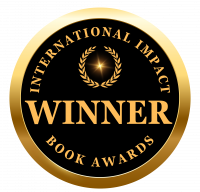

International Impact Book Award
2025Dancing Valley (Unmistakenly Mystical)
award -
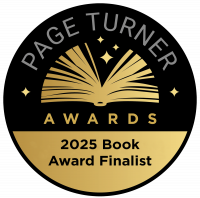

Page Turner 2025 Book Award Finalist
2025Goldfield Forest
award -


Page Turner Awards 2025 Book Award Longlist
2025Dancing Valley (Unmistakenly Mystical)
award -


Page Turner 2025 Book Award Finalist
2025Dancing Valley (Unmistakenly Mystical)
award -


International Impact Book Award
2025Five Stories Short: A Supernatural Quintet
award -


Page Turner 2025 Book Award Finalist
2025Five Stories Short: A Supernatural Quintet
award -
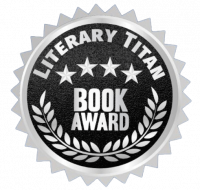

Literary Titan Book Award
2024Five Stories Short: A Supernatural Quintet
award -

Readers' Favorite Five Stars
2024Long Stories Short: A collection of short stories
achievement -
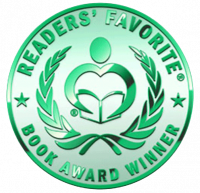

Readers Favorite Book Award
2024Race into Murder
award -
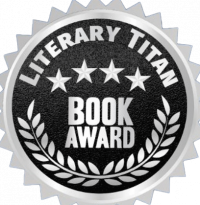

Literary Titan Book Award
2024Goldfield Forest
award -
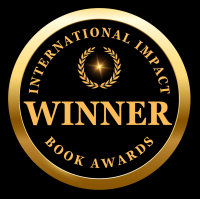

International Impact Book Award
2024Goldfield Forest
award -


Kirkus Reviews Accolades
2024Goldfield Forest
achievement -


The International Review of Books Gold Star
2024Goldfield Forest
achievement -


Readers' Favorite Five Stars
2024Goldfield Forest
achievement -
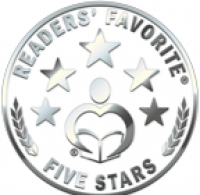

Readers' Favorite Five Stars
2024Five Stories Short: A Supernatural Quintet
achievement -
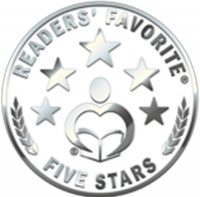

Readers' Favorite Five Stars
2024Deadly Repercussions
achievement -


The International Review of Books Gold Star
2023Deadly Repercussions
achievement -
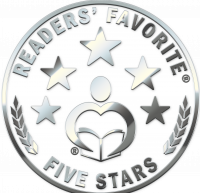

Readers' Favorite Five Stars
2023Ride into Romance
achievement -


The International Review of Books Gold Star
2023Ride into Romance
achievement -
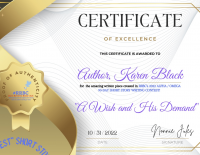

RRBC Alpha / Omega Short Story Contest
2022A Wish and His Demand
award -


RRBC Top Finalist KCT International Literary Award
2022Vindictive Angel: A Novelette
award -
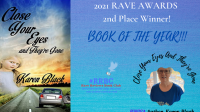

Rave Awards Book of the Year 2nd Place
2021Close Your Eyes and They're Gone
award
Karen Black has earned excellence awards over time. Here is the glimpse of the accolades clinched by the author.
Karen Black Interview On 16, Feb 2023

Ask Karen Black a Question
Have brimming questions to ask author Karen Black? Ask whatever you like, but keep it appropriate.
** Please note that unanswered questions will not appear on the page. Refrain from posting promotional messages.
